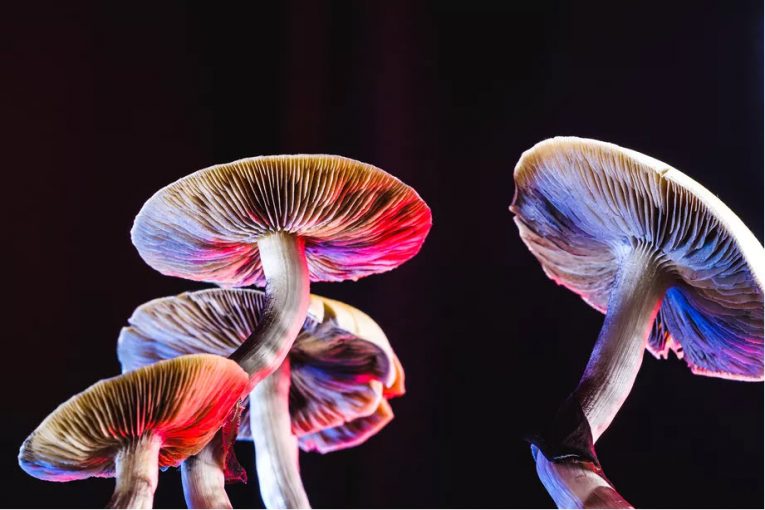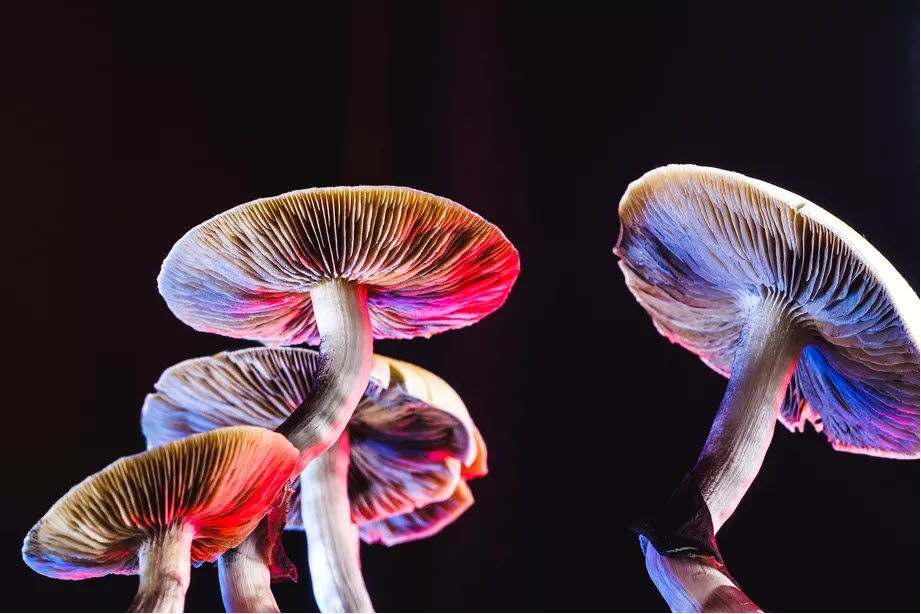

By Mia Machado & Lizet Gonzalez
SACRAMENTO, CA – In a historic first for California, legislation to decriminalize the possession and personal use of psychedelics was approved last week by the California State Senate Public Safety Committee.
Senator Scott Wiener (D-SF), argued that “the evidence is clear: psychedelics can be transformational for those struggling with mental health and addiction challenges. Instead of criminalizing people for seeking alternative mental health treatments, we should empower them.”
Introduced by Wiener, SB 519 is co-authored by Senator Scott Newman (D-LA), and Democratic Assemblymembers Sydney Kamlager, Evan Low, and Bill Quirk. It was OK’d on a 4 to 1 vote.
In decriminalizing the use of psychedelic drugs for personal use and possession, SB 519’s passage is a big step towards the fight against the war on drugs, using a non-punitive approach.
SB 519 decriminalizes the usage of various substances, such as psilocybin, psilocyn, methylenedioxymethamphetamine (“MDMA”), Lysergic acid diethylamide (“LSD”), ketamine, Dimethyltryptamine (“DMT”), mescaline, and ibogaine.
It will also expunge the criminal records of individuals convicted of possession or personal use of these substances, and establish a commission responsible for producing recommendations to the Legislature.
Recommendations will provide guidance regarding which regulatory systems California should adopt for the personal use of these specified substances in the future.
SB 519, however, excludes any psychedelic that has any form of extraction or derivation of Peyote (Lophophora) plant, due to its spiritual importance to many indigenous communities and its  risk of extinction.
risk of extinction.
SB 519’s passage reflects a growing trend across cities such as Washington, DC, Oakland, and Santa Cruz who have all had successful efforts to decriminalize these substances.
Oregon, for example, saw a successful ballot measure in 2020 decriminalizing personal use of all scheduled substances, and authorizing the creation of a state-licensed, psilocybin services program over the next two years.
The legislation also garnered co-sponsorship by the Heroic Hearts Project and Veterans Exploring Treatment Solutions (VETS), that advocates for the improvement of alternative mental health treatments for veterans with mental health conditions caused by their time in service.
Founder and President of the Heroic Hearts Project, Jesse Gould, in voicing his support SB 519, expressed that “so many veterans, like myself, have been left with lasting trauma after their service. Decriminalizing psychedelic therapy to allow these promising treatments is essential in supporting and addressing the current mental health crisis among our veterans.”
During the committee hearing, legislators heard from Jose Martinez, an Afghanistan veteran who became an amputee during his time of service. Martinez discussed how his experience using psilocybin therapy provided him a way to overcome his trauma from his time in Afghanistan and a way to help mitigate some of his pain from becoming an amputee.
“Psilocybin therapy helped me take control over my life again,” said Martinez. “After my time in Afghanistan and adjusting to a new life after sustaining life-changing injuries, psychedelics helped me through the physical and mental pain that I suffered as a result. Without access to this type of treatment, I wouldn’t be where I am here today.”
Recent studies into the effects of psychedelics show promising results for the treatment of mental health and substance use disorders.
Robert Grant, MD, MPH, a professor of medicine at University of California, San Francisco, stated the “growing catalogue of sophisticated scientific research that shows that psychedelic therapy may help many that are suffering from trauma and depression who have yet to find relief from talk-therapy and pharmaceutical drugs alone.”
He added that in three different studies conducted in 2018, 2019, and 2020 on the effects of MDMA as an assisted therapy, it was found to reduce anxiety in patients with life-threatening illnesses. MDMA also had the potential for treating PTSD in servicemen and women such as veterans, firefighters, and police officers.
In one of the studies “two-thirds of study participants no longer qualified as having Post-Traumatic Disorder (PTSD) after experiencing MDMA-assisted therapy.”
Other studies done with psilocybin, LSD, Ibogaine, and ayahuasca (which contains DMT) explored the potential treatments for other various mental health problems. Results showed positive results on patients with treatment-resistant depression, anxiety, alcoholism, and in helping to reduce smoking cessation.
Sen. Wiener asserted that “it’s time to take a science and health-based approach to drugs, including psychedelics. The War on Drugs has been an abject failure. It hasn’t made us safer. It hasn’t reduce drug use or addiction. But it has cost taxpayers a massive amount of money, in addition to tearing apart communities.”
 Mia Machado is a junior at UC Davis, currently majoring in Political Science-Public Service and minoring in Luso-Brazilian studies. She is originally from Berkeley, California. She is a team member on the Chesa Boudin Recall – Changing the Narrative Project.
Mia Machado is a junior at UC Davis, currently majoring in Political Science-Public Service and minoring in Luso-Brazilian studies. She is originally from Berkeley, California. She is a team member on the Chesa Boudin Recall – Changing the Narrative Project.
Lizet Gonzalez is in her final year at San Francisco State University, majoring in Criminal Justice and Spanish. Born in Acapulco, Mexico, she currently resides in the Bay Area.
To sign up for our new newsletter – Everyday Injustice – https://tinyurl.com/yyultcf9
Support our work – to become a sustaining at $5 – $10- $25 per month hit the link:
Senator Scott Wiener (D-SF), argued that “the evidence is clear: psychedelics can be transformational for those struggling with mental health and addiction challenges. Instead of criminalizing people for seeking alternative mental health treatments.
By George I think Uncle Weiner is onto something ?
But he is missing one drug from the list that ought to be legalized and that’s fentanyl. If fentanyl was legalized it would reduce homelessness it might even reduce a lot of drug addiction and just think we wouldn’t need to build as many reservoirs to supply water either because our population would be a hell of a lot less so it’s a win-win situation thank God we got Uncle weiner around he has some great ideas ?
Difference between legalized and decriminalized
The only difference between legalized and decriminalized is the word taxation ? and I’ll guarantee you once after our fearless leaders figure out a way to tax this stuff it will be legalized they love money they don’t give a damn about the people.
Actually the difference between the two is that under legalization you can walk into a shop and purchase the product whereas under decriminalization it would remain legal but the legal system would not criminally prosecute a person for possession generally under a specified amount. Usually there remain criminal sanctions for selling it however.